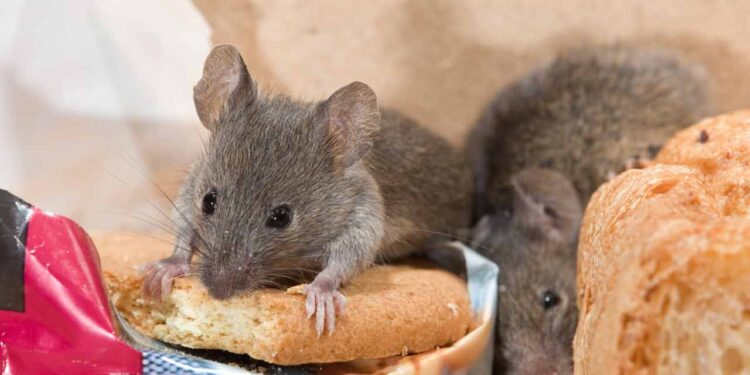Having wild animals and pests invading your home can be a major problem. There’s a chance your walls and attic will make grating, chirping, squeaking, and other noises. Naturally, nobody wants to deal with the annoying smells of animal waste and decay inside their homes. Many of these creatures have the potential to endanger the health of your family and pets by dispersing diseases. There is a chance of a house fire if animals are chewing on your electrical wires. Therefore, most homeowners prefer hiring experts for animal control in Ocala to keep their properties safe. Although, there are some precautions you can take to prevent passing wildlife from becoming frequent and bothersome visitors in your home. They will not only keep your property safe from potential damage but will also protect you from harmful diseases.
1. Carefully Dispose Of Your Garbage
Animals love trash and prefer eating all leftover food in the waste bins. This is why most people frequently see someone who has destroyed the garbage bag outside their house and eaten the contents inside it. Therefore, ensure that the wild animals cannot access the trash bags. A separate compost bin should be used for food waste. To prevent animals from getting inside your trash cans, store them in your garage or shed. However, if your house doesn’t have a garage, make sure you hire a garage disposal service on a daily basis.
2. Fences
A popular and long-lasting measure of animal control in Ocala is using fences along the property. However, it is prohibited in many areas. Certain types of fences may be prohibited or restricted by some local and state organizations. As a result, it’s crucial to review local laws and ordinances before choosing an appropriate fence. The type of material used and the design of the fence determine its quality. Some fences can endure for up to 30 years, depending on how and what they are made of. One of the following fence types typically used by farmers is the metallic fence. Metal wires are woven together to create a physical barrier known as a wire fence. The fences are strong, durable, and need only minimal maintenance. They are only advised for the protection of high-value crops, though, due to their high cost.
3. Place Bird Feeders Wisely
In addition to deterring other animals, this also prevents birds from making their nests on your roofs. The food you’ve chosen for a bird feeder may draw raccoons, squirrels, chipmunks, bears, mice, and rats. Therefore, set up your bird feeder far from any patio furniture or other items you don’t want to be used as a bird toilet. Additionally, you must be careful while selecting the feed for the birds. Make sure that you select a feed that only attracts birds.
4. Repair What Is Needed
Blocking the entry points is crucial to prevent animals from entering your property. Look for any small holes by giving your house a thorough inspection. Keep in mind that a rodent can squeeze through a small hole to enter your home. Your foundation, walls, and the area around any basement openings should all be repaired if there are any holes or cracks. A similar precaution should be taken to make sure your chimney cap is secure and undamaged and that no holes exist close to any exterior water or electrical lines.
5. Bring in a Dehumidifier
The damp, warm, and humid environment is ideal for both insects and rodents. Using a dehumidifier there, you can prevent these creatures from moving in and setting up residence in your home’s most humid areas, such as the basement.
6. Natural Repellents
Some farmers prefer natural resources over other methods of animal control in Ocala. There are numerous strategies to reduce crop damage from wild animals. Elephant dung or other materials that catch fire and emit a lot of smoke are sometimes burned by farmers in some places. A natural emulsion made from fish or garlic is another source to deter wild animals. Beehive fencing deters elephants because the sound of honey bees attracts them. This practice is advantageous because it provides a second source of income. Excellent rabbit repellents and additional revenue-generating crops include lavender, soybeans, peas, and beans.
7. Reduce the Vegetation
Squirrels and other small animals reach the top of your house through extended tree branches, from which they can choose a variety of ways to enter buildings. Make sure to trim the branches that have extended to your house. Avoid allowing your yard to become overgrown with brush, leaf piles, or other debris because small animals love hiding out in these materials. Also, when it’s cooler outside, make sure to store firewood away from the house.
Additionally, your home may sustain significant property damage that your insurance may not be able to repair, costing you thousands of dollars to do so. Even the resale value of your property can be impacted by having unwanted animals in your house. You would want to safeguard your home from infestations and stop these issues from occurring, given all of the negative effects that they can have.





























